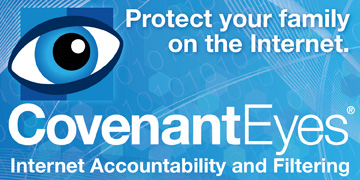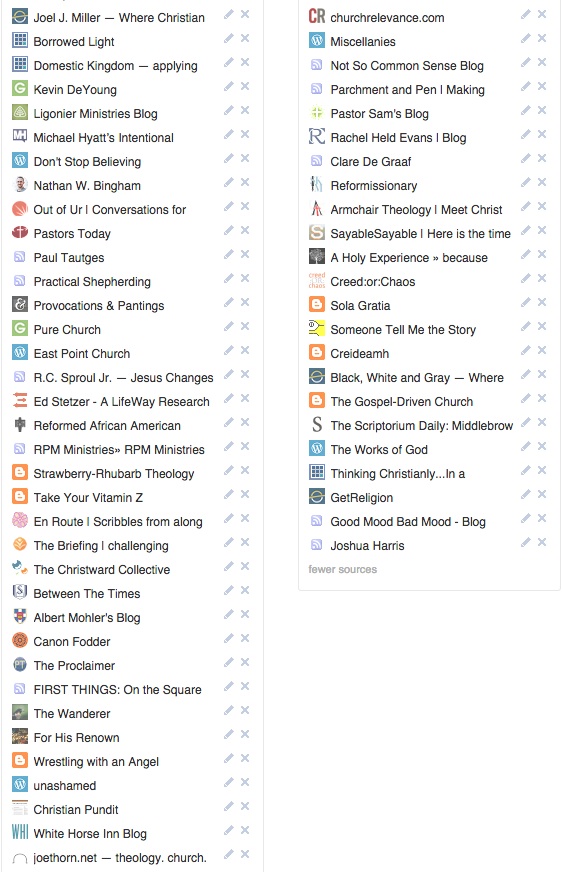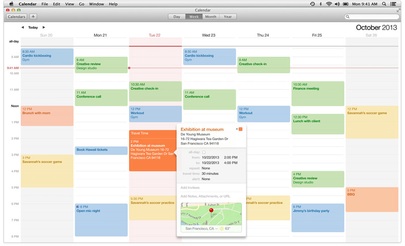Seven tips and you haven’t had to pay a cent yet!
Sorry to spoil your student paradise, but you’ll have to pay for this one. However, it’s a small price to pay considering the potential cost if you don’t.
The greatest danger for most students today is the Internet. Yes, it’s brought a lot of benefits and pluses into our lives as we’ve seen in the previous seven tips. But there are also downsides, and one of them is Internet pornography.
Of course pornography has always been a temptation, but what’s changed with the Internet is:
- It’s so much easier to access, just a click of a finger.
- It’s so much easier to view in total privacy without anyone finding out.
- It’s so much cheaper, with so much available for “free.”
- It’s so much worse, with the most vile forms of porn side-by-side with “entry-level” porn.
- It’s looking for you, with many ways to trick you into seeing it.
Because of the above, many more people have accessed porn through curiosity, by accident, or by being targeted with it, resulting in many more people and a much wider range of people becoming addicted.
“But what’s the big deal?” many ask. “Where’s the harm in a little bit of porn?” Here’s the big deal; here’s the harm.
1. It’s a sin. According to Jesus, it is breaking the seventh commandment (Matt. 5:27-30).
2. It could send you to hell. See Jesus again (Matt. 5:27-30).
3. It’s hating your neighbor. If people didn’t watch it, people wouldn’t make it. If you view it, you are helping to create it. You are creating temptation danger for others, but also destroying the lives of those involved in making it, often against their wills.
4. It weakens the will: If you succumb to this, you will succumb to other sins too.
5. It weakens spirituality: Due to guilt, porn users cannot expect communion with God, delight in prayer, enjoyment in the Word, or spiritual growth.
6. It destroys usefulness: Few porn users are zealous or sacrificial in Christ’s service. Like other addictions is is a costly distraction that will adversely impact every area of your life, including your career.
7. It perverts your view of women/men: You will find it virtually impossible to look at any woman/man without lustful thoughts.
8. It will spoil sex: If you are an unmarried porn user, you are already undermining your future marriage by storing up perverse images and practices that will soil and spoil the most intimate moments.
9. It may end your marriage: 50% of Christian divorces cite porn use as the reason. “Gutted!” is the word heard most from broken and betrayed wives. “Gutted!” Think about that.
10. It will never leave you: Porn is sticky. Unlike other experiences it is not easily forgotten. Many ex-porn users will tell you that it’s virtually impossible to eradicate what they have viewed from their memories.
Given the availability, accessibility, danger, and wrongness of porn, we need help to stop it reaching us and to stop us reaching it. That’s where Covenant Eyes comes in. It’s a Christian company whose service is built upon Job 31:1 “I have made a covenant with my eyes; Why then should I look upon a young woman?”

Once Covenant Eyes is installed on all computers and mobile devices, you will benefit from the following services:
Internet Accountability: Covenant Eyes monitors the websites visited, the search terms used, and the YouTube videos watched, and lists them in an easy-to-read report for each user name. This is then sent to your chosen Accountability partner to start a conversation about healthy online habits.
Internet Filtering: This blocks inappropriate web content based on age-appropriateness. You can even create custom block and allow lists, or block the Internet completely at certain times of day.
This costs $9.99 per month for individual users or $13.99 for a family account which lets you have as many user accounts as you want. Yes, $9.99 per month is quite hefty for a student, but on the other hand, think of the cost if you do fall into temptation and become a porn addict. Maybe you can persuade you parents to take out a family account to cover you and your siblings. Personally, I believe it’s an essential part of parenting to cover each family member with a service like this.
And remember this is not just about porn – there are many other Internet dangers we need protection from. Also, positively, this is about building good Internet habits and regulating time spent online in a disciplined accountable way.
Maybe you don’t want Dad or Mom to see your Internet choices. That itself may be a warning sign. However, you can choose other people to be your accountability partner – a mature friend or an elder in your church maybe. My wife is mine and I am hers.
For more detailed help, see The Porn-Free Family Plan from Tim Challies or my Top 10 Books on Fighting Porn, where you will find much Gospel hope if you are already ensnared.
Here’s the Covenant Eyes promo video and the sign-up.
Other Resources
New Student Tip #2: Wunderlist
Thriving at College by Alex Chediak (for students)
Preparing Your Teens For College by Alex Chediak (for parents of students)


